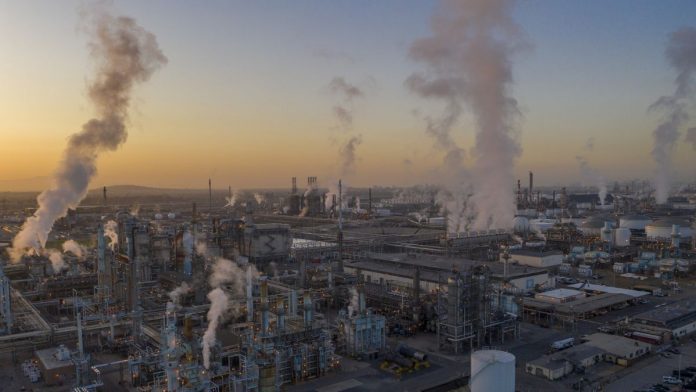News in brief:
-Â A new study reveals that the significant increase in rice production in sub-Saharan Africa is leading to a surge in methane emissions.
– Despite its positive impact on food security, this expansion contributed to 31% of the increase in methane emissions across Africa from 2006 to 2017 and 7% globally.
A recent study by researchers at Harvard University and the California Institute of Technology has revealed that booming rice production in sub-Saharan Africa is causing soaring methane emissions.
Their report is published in Nature Climate Change and highlights the significant contribution of expanding rice agriculture to atmospheric methane levels, which has raised concerns about climate change mitigation efforts.
Prior research establishes methane as a potent greenhouse gas, second only to carbon dioxide in its radiative effect. Agriculture, encompassing both crops and livestock production, accounts for roughly 25% of human-induced methane emissions globally, with waste disposal and fossil fuel production contributing the remainder.
In sub-Saharan Africa, rice production doubled between 2008 and 2018, a positive development for food security, as rice constitutes approximately 9% of the region’s caloric intake. However, this agricultural expansion comes at an environmental cost with rice cultivation releasing substantial amounts of methane into the atmosphere.
The authors built upon existing data on Africa’s greenhouse gas emissions before 2008, factoring in the methane released through various stages of rice farming. These stages include irrigation, flooding paddy fields, burning fields, and harvesting. They meticulously assessed the extent of rice cultivation, refining estimates of rice-growing land and methane emission durations for African rice fields.
Meantime, the analysis revealed a stark conclusion in that the rise in rice production in Africa was responsible for 31% of the increase in methane emissions across the continent from 2006 to 2017. This amounts to 7% of the global rise in methane emissions for the same period, highlighting the substantial impact of this regional agricultural development on global greenhouse gas levels.
Overall, the study underscores the complex trade-offs inherent in addressing food security and climate change. While increased rice production in sub-Saharan Africa has improved food security, it carries the unintended consequence of accelerating methane emissions. This potentially negates some of the climate change mitigation efforts undertaken in other sectors.



